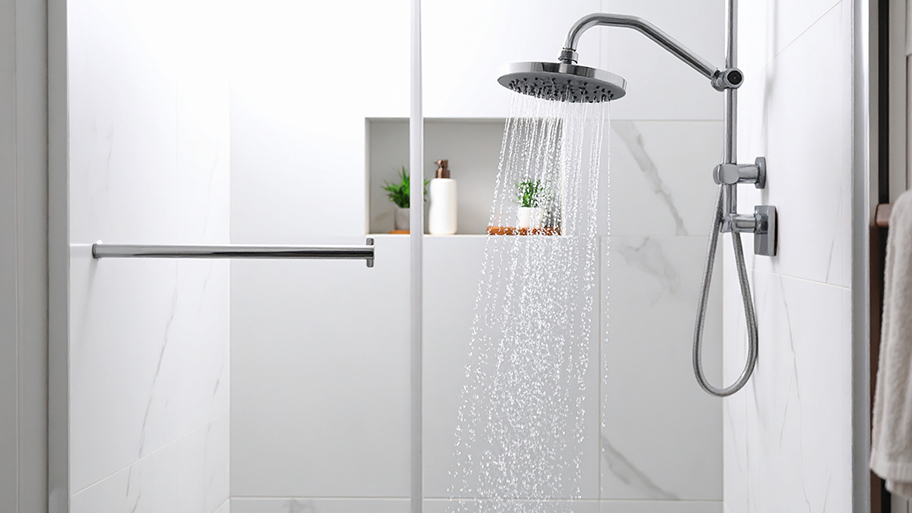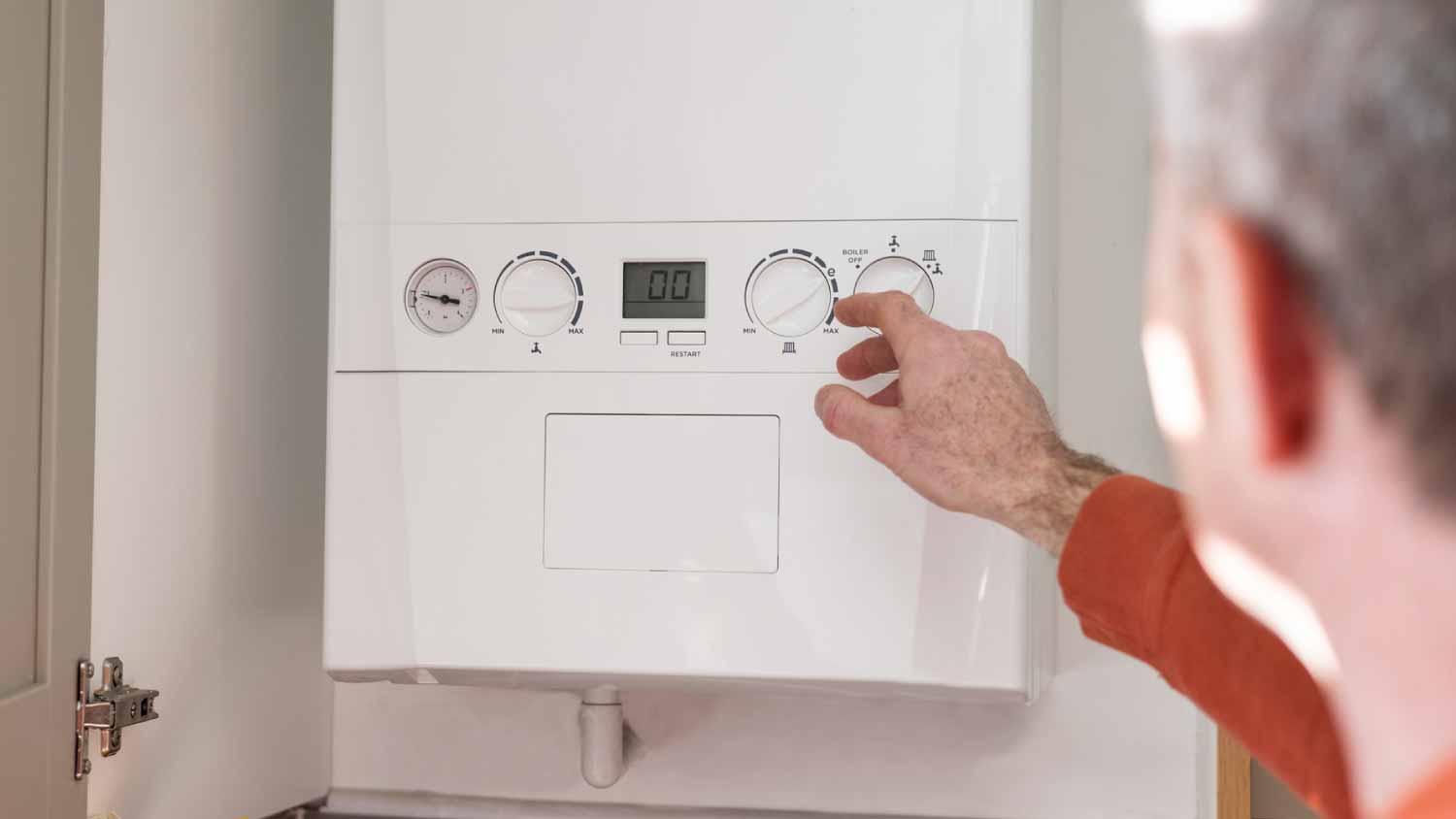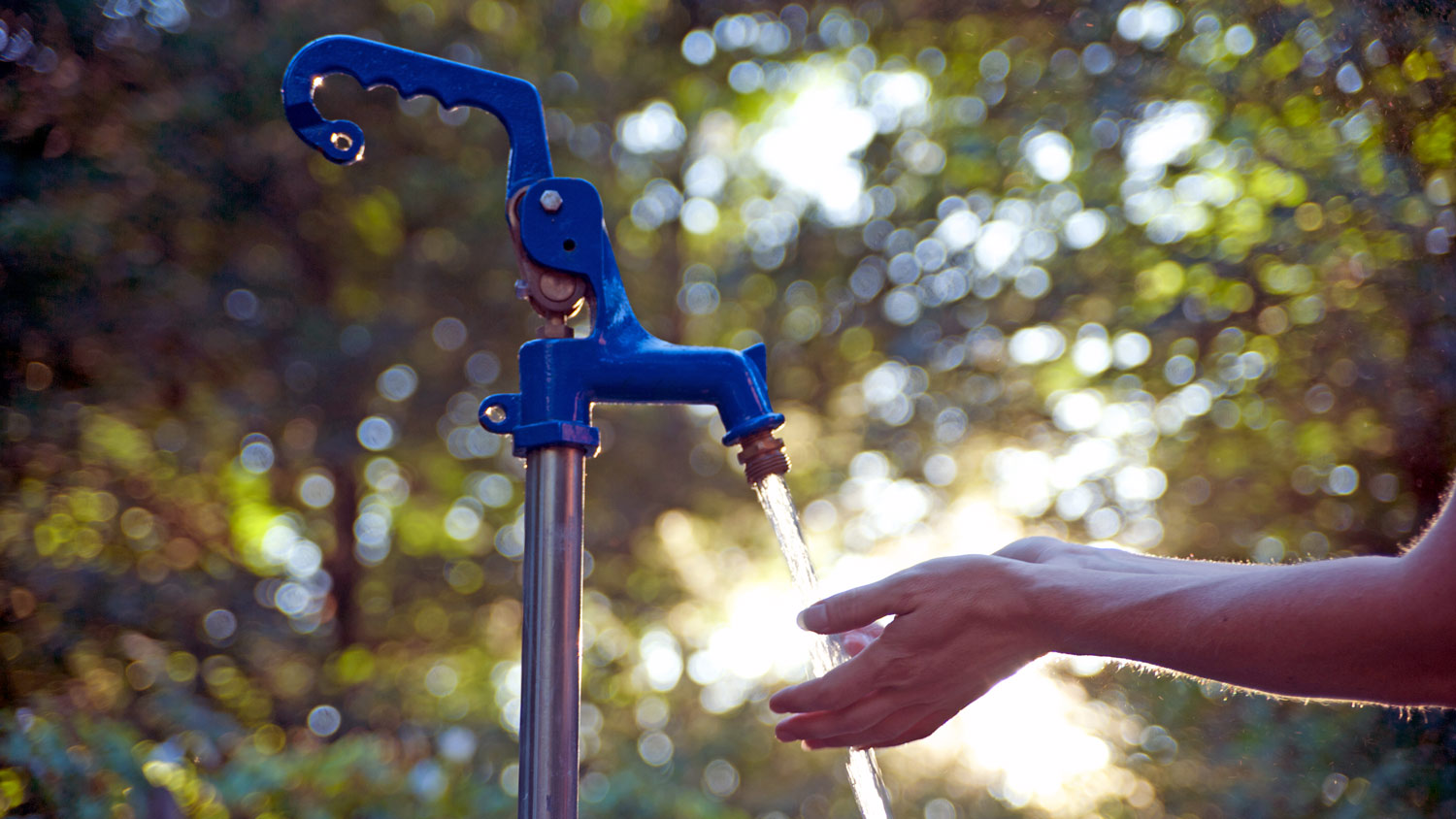
Water softener repair costs can add up, but they’re almost always worthwhile. Use this guide to see what your project is going to cost before you get started.
When you see all the benefits, this decision becomes a no-brainer


A tankless water heater can last over 20 years when combined with a water softener.
Water softener installation ranges from $200 to $6,000.
With a water softener, you can descale a water heater every three to five years rather than yearly.
Water softeners and tankless water heaters are often unsung heroes of our households, working hard to remove hard water and provide hot water to our faucets and fixtures in an instant. But if you only have a tankless water heater, do you really need a water softener, too? Here’s why you should consider installing a water softener for a tankless water heater.
If you want to save money and energy in the long run, then a water softener for a tankless water heater is a good investment.
Because water softeners remove minerals like calcium and magnesium from water, installing one of these units in your home means less limescale buildup in the tankless water heater and the connected pipes. Over time, limescale buildup can cause the tankless water heater to work less efficiently, so it will consume more energy and its parts will wear down faster.

There are many water softener benefits for your whole house. They keep your shiny faucets in good condition and help your appliances, like the dishwasher and washing machine, work more efficiently. But what about when it comes to a tankless water heater? As it turns out, there are many pros to having a dedicated water softener for a tankless water heater.
A tankless water heater’s life span is 20 years on average, which is far longer than a standard water heater with a tank. But if you actually want your water heater to make it to its 20th birthday or beyond, a water softener is a key companion. A softener reduces hard mineral buildup in your plumbing, allowing your tankless water heater to continue working as efficiently as possible.
The major benefit of a tankless water heater is that it provides hot water on demand. But if your tankless water heater is up against some mineral buildup, you may be waiting a while for that hot water to arrive because the limescale makes it harder for the heating element to do its job. Even if you’re still getting hot water quickly, it could be at the expense of your tankless water heater because its parts will wear out and need repairs or replacements more frequently.
Your hot water heater helps provide the hot water your dishwasher or kitchen faucet needs to clean food residue off dishes. But if the tankless water heater is using hard water, the hard water will clean away food debris only to leave behind stains. With a water softener for your tankless water heater, you can enjoy truly clean, shiny dishware without the water spots.
While savvy DIYers can descale a tankless water heater themselves, the process takes about 90 minutes of your free time and can cost up to $300. When you have a water softener for your tankless water heater, you won’t need to worry about manually descaling the water heater as often.
It’s much easier to refill the brine tank of a water softener with salt every month or two than it is to descale the water heater yourself. You need to descale a tankless water heater once per year without a water softener, but if you have a softener, you can descale once every three to five years.
Water softener installation costs $200 to $6,000, depending on the type, the unit’s capacity, your household size, average water usage, and other factors. An ion exchange water softener costs $500 to $1,700 for a single-tank system or up to $5,000 for a dual-tank system. A salt-free system costs $800 to $4,000.
Keep in mind that while water softeners do require an up-front investment for parts and installation, they can save you time and money in appliance and plumbing repairs for many years to come. If you’re ready to start enjoying the benefits of a water softener in your home, you’ll need to hire a local water softener installation company to handle installing your new unit.
Window Depot did an amazing job on my deck. I wasnt sure what I wanted to do, but their composite decking was affordable and will last a long time. I am excited to have family over, and I am no longer embarrassed by my backyard. Jeff and the ground crew were polite, respectful, and caring for...
We used Unique Hardwood Floor LLC three years ago to work on the floors of a 70 year old home that needed a great deal of work. Some floors needed repairs, some were replaced and others just needed to be refinished. It was a complicated job as they needed to blend the old and the new to...
Very good service. Will use them again in the future.
We had a gutter blockage that was causing water to sheet down the side of the house and ultimately it started to come in at a window (need mortar people next). Called around 7:30am, and he responded by 8am. He was able to come out the same morning and do a look over and clean out. He also...
Scott checked our large crawl space for mold and water infiltration and recommended a viable solution. The crew was efficient and they cleaned up well after the job. The job was expensive but I am confident that I won't have to deal with the problem again. Highly recommend.
They were the most through inspecting the water system in my house. Even going the extra mile to get the water professionally tested for contamination.
BUYER BEWARE! This company is fraudulent!!!. They didn't stand behind the warranty I paid for. They didn't stand behind the work they did. The work they performed 90 days ago was done incorrectly so I had to pay to fix it again. The technician that did the work 90 days ago is no longer with...
They did a great job. They checked to determine where the squirrel was gaining entry and set traps to catch it. They removed all of the squirrels (there was only one) and kept the traps in the area with fresh bait to ensure there were no more. They were thorough & effective. Also they...
From average costs to expert advice, get all the answers you need to get your job done.

Water softener repair costs can add up, but they’re almost always worthwhile. Use this guide to see what your project is going to cost before you get started.

Discover how much well water treatment systems cost, including installation, maintenance, and tips to save. Get expert insights to plan your water system project.

Wondering about water treatment system costs? Learn average prices, key cost factors, and ways to save on installation and maintenance for your home.

Need to soften the water coming into your home? Use this guide to check if your house is pre-plumbed for a water softener to make the process a little easier.

Learn about what happens if you have too much iron in your water to determine if you should consider testing your water, filtering your water, or changing your water source.

Water softeners and filters might sound similar, but they serve different purposes. Here’s what to know when comparing a water softener versus a water filter.